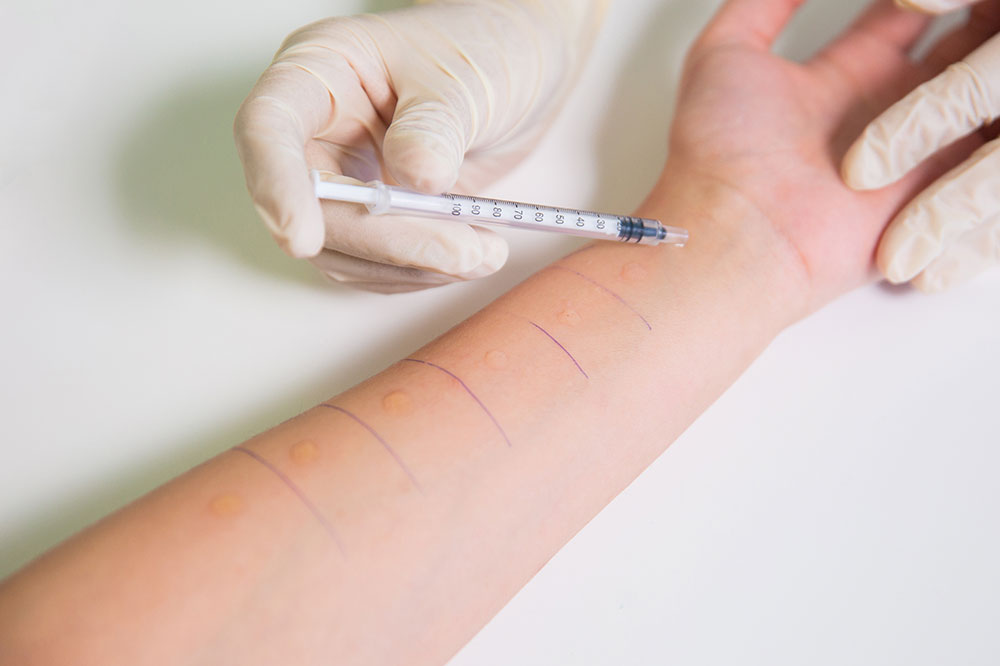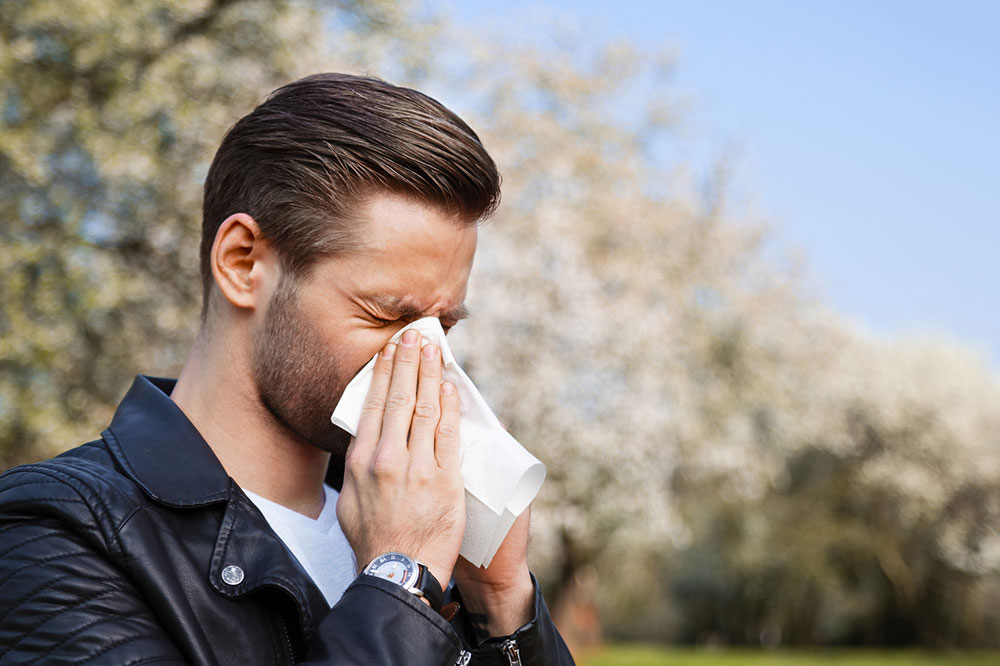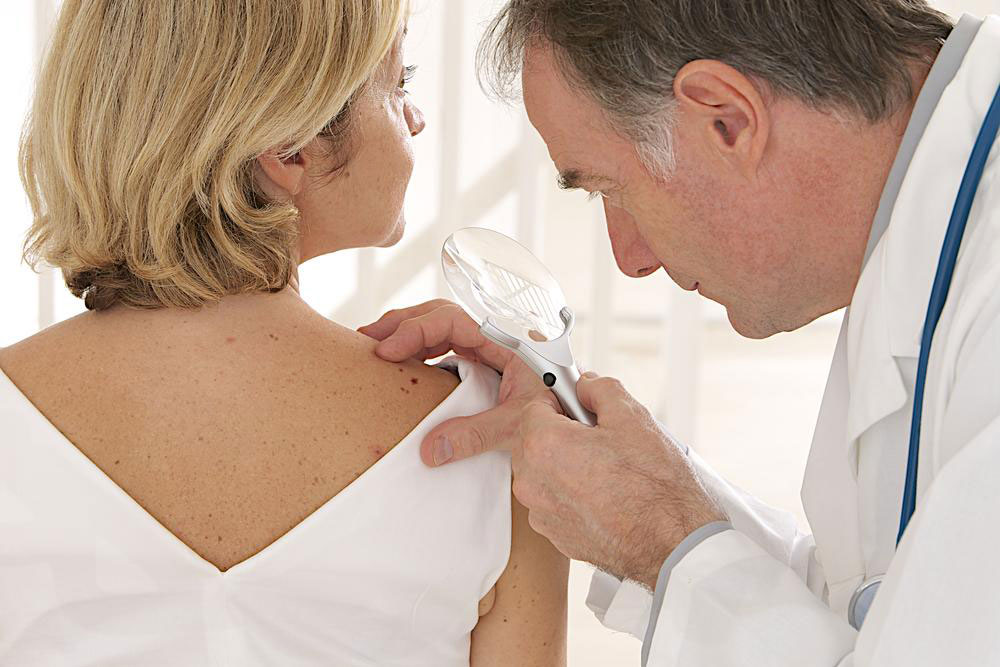Effective Methods to Identify and Manage Allergies
Discover effective ways to identify and manage allergies with simple tests and professional guidance. Learn about common symptoms, testing procedures like skin pricks and blood tests, and practical tips for treatment and safety. Proper diagnosis can significantly improve quality of life by controlling allergy triggers and symptoms.

Have you ever experienced sneezing fits after being outdoors? Or noticed skin rashes upon contact with certain plants? Swelling after consuming nuts? Such allergy symptoms—sneezes, runny noses, watery eyes, skin rashes, swelling—can be uncomfortable and disruptive. Allergies are widespread and caused by various triggers. While their exact origins remain unclear—possibly genetic or acquired—they can be diagnosed easily through simple medical tests. Continue reading to learn about allergy symptoms and how to accurately identify them.
Understanding Allergies
The immune system’s role is to defend the body from harmful invaders. Sometimes, it overreacts, mistakenly identifying harmless substances as threats. These substances are called allergens, and when such reactions occur, you are considered allergic to that trigger.
Common allergens include pollen, dust, certain foods, and pet dander. Symptoms often involve sneezing, nasal congestion, itchy or watery eyes, skin irritations, and rashes.
How to Confirm Allergies
Visit a healthcare professional
Since allergy symptoms vary widely and the severity differs among individuals, consulting a doctor is essential. They may ask questions and perform a physical examination to identify potential allergens.
Undergo diagnostic tests
Genetics can influence allergies, but they are not inherited identically. Depending on your symptoms, your doctor may recommend blood tests or skin pricks to determine specific allergies.
Blood Test
This test measures the level of Immunoglobulin E (IgE) antibodies in your blood, which the immune system produces in response to allergens. Elevated IgE indicates an allergic reaction.
Skin Test
During this test, a doctor pricks your skin with small amounts of various allergens. If a site becomes red, swollen, or itchy, it suggests an allergy to that substance.
Once identified, numerous treatment options are available to help manage allergy symptoms. While most allergies are not life-threatening, carrying allergy medication and wearing identification like an allergy bracelet can be crucial in emergencies.
Important Notice:
The information provided here is for educational purposes only and should not replace professional medical advice. Always consult qualified healthcare providers for diagnosis and treatment of allergies or related health issues.










